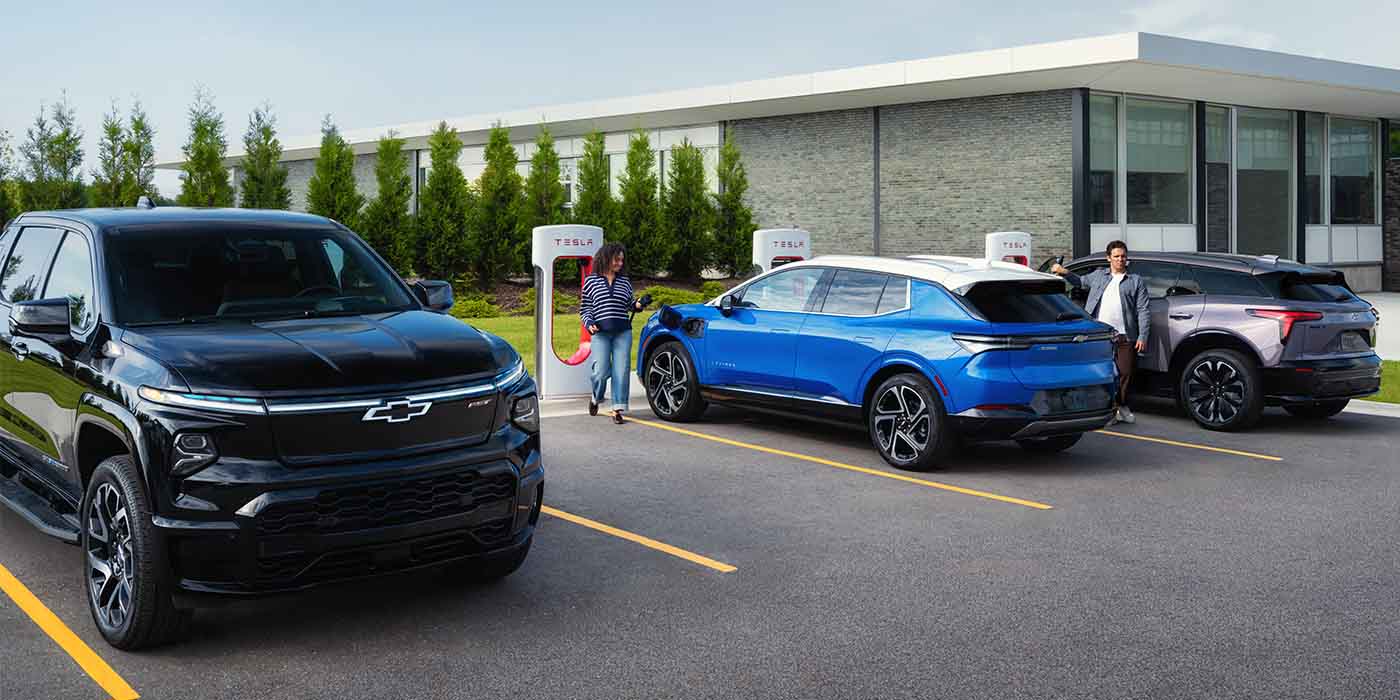
Actual-world driving and charging habits might make EV batteries last more than researchers beforehand thought, finds a brand new Stanford-SLAC research.
A brand new research from the SLAC-Stanford Battery Heart printed on December 9 in Nature Power means that real-world driving habits – like stop-and-go visitors, freeway driving, fast metropolis journeys, and plenty of time spent parked – might make EV batteries final a few third longer than beforehand thought. This implies the common EV proprietor may not want to switch their battery pack or improve to a brand new automobile for a number of further years, saving cash and increasing the lifetime of their trip.
Battery scientists normally check new designs in labs by biking them at a continuing price of discharge and recharge, rushing up the method to shortly see how lengthy they’ll final and the way nicely they carry out. Nonetheless, in line with a brand new research printed on December 9 in Nature Power, that technique doesn’t replicate how EV batteries are utilized in the true world.
For on a regular basis EV commuters, that is large information. Whereas battery costs have dropped by about 90% within the final 15 years, they nonetheless make up almost a 3rd of the price of a brand new EV. The research means that present and future EV drivers might get pleasure from extra miles earlier than needing a alternative.
“We’ve not been testing EV batteries the proper manner,” mentioned Simona Onori, senior writer and an affiliate professor of power science and engineering on the Stanford Doerr College of Sustainability. “To our shock, actual driving with frequent acceleration, braking that prices the batteries a bit, stopping to pop right into a retailer, and letting the batteries relaxation for hours at a time helps batteries last more than we had thought primarily based on industry-standard lab exams.”
The researchers created 4 completely different EV discharge profiles, starting from the standard fixed discharge to extra dynamic ones primarily based on real-world driving information. Over two years, they examined 92 industrial lithium-ion batteries utilizing these profiles. The outcomes have been clear: The nearer the profiles matched precise driving habits, the longer the batteries lasted.
So, what’s behind this stunning longevity? A machine studying algorithm skilled on the mountain of collected information helped uncover how dynamic discharge patterns cut back battery degradation. Seems, the best way individuals really drive is perhaps simpler on batteries than scientists anticipated.
For instance, brief, sharp accelerations in EVs really decelerate battery degradation. That flips the script on what researchers – together with this research’s personal crew – had assumed for years: that acceleration spikes have been a battery’s worst enemy.
Alexis Geslin, considered one of three lead authors of the research and a PhD pupil in supplies science and engineering and in laptop science in Stanford’s College of Engineering, defined:
We battery engineers have assumed that cycle growing older is way more essential than time-induced growing older. That’s principally true for industrial EVs like buses and supply vans which are nearly all the time both in use or being recharged.
For shoppers utilizing their EVs to get to work, choose up their youngsters, go to the grocery retailer, however principally not utilizing them and even charging them, time turns into the predominant explanation for growing older over biking.
The research pinpointed a candy spot for discharge charges that balances time growing older and cycle growing older – not less than for the industrial battery they examined. That vary aligns with how most individuals really drive their EVs. Automakers might use this perception to tweak battery administration software program, serving to to increase battery life and optimize efficiency for real-world driving.
Going ahead, power science and engineering postdoctoral scholar Le Xu notes, “Researchers can now revisit presumed growing older mechanisms on the chemistry, supplies, and cell ranges to deepen their understanding. This may facilitate the event of superior management algorithms that optimize using current industrial battery architectures.”

Learn extra: Researchers develop EV battery that prices 0-80% in quarter-hour
To restrict energy outages and make your house extra resilient, think about going photo voltaic with a battery storage system. In an effort to discover a trusted, dependable photo voltaic installer close to you that gives aggressive pricing, take a look at EnergySage, a free service that makes it simple so that you can go photo voltaic. They’ve lots of of pre-vetted photo voltaic installers competing for your enterprise, making certain you get high-quality options and save 20-30% in comparison with going it alone. Plus, it’s free to make use of and also you received’t get gross sales calls till you choose an installer and also you share your telephone quantity with them.
Your customized photo voltaic quotes are simple to match on-line and also you’ll get entry to unbiased Power Advisers that will help you each step of the best way. Get began right here. –trusted affiliate hyperlink*
FTC: We use revenue incomes auto affiliate hyperlinks. Extra.


